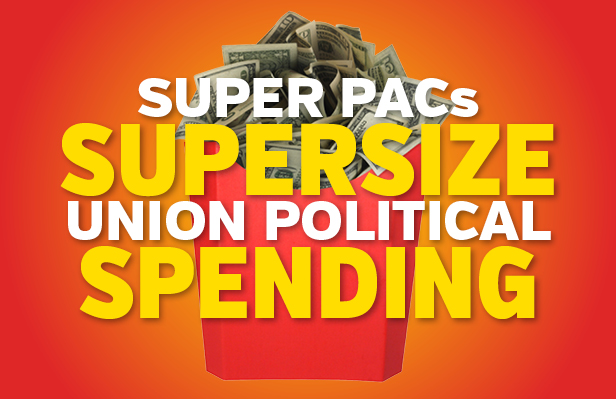Media

Mailbag: How will SuperPACs Affect Pennsylvania?
A PolicyBlog reader asked if we could explain a recent “SuperPAC” ruling we covered in an op-ed back in April, along with its implications for state and national elections.
The term SuperPAC is the informal term for “independent expenditure committees,” which can actually do less with their funding than tradition Political Action Committees (PACs). That is “independent expenditure committees” can runs ads in support of or opposition to candidates, but cannot give directly to or coordinate with candidates.
Where the SuperPAC term comes in is that these committees can receive, following the Citizens United decision, an unlimited amount of funding from union dues and corporate treasuries, hence the moniker “super.”
The recent Pennsylvania ruling (General Majority v. Aichele) basically said the commonwealth must allow SuperPACs in state races. The Department of State statement on this preliminary injunction (PI) explains the ruling and even sets up procedures for SuperPACs to register and accept contributions. So far, three independent expenditure committees have registered with the state, but expect more to come based on what we’ve seen elsewhere.
The organization that won the court ruling—General Majority—originated in New Jersey in 2013 under the name “Fund for Jobs, Growth & Security,” spending $8 million on elections. More than $6 million of that total came from union dues.
Another Super PAC called “Garden State Forward” was created by the New Jersey Education Association, the state’s largest teachers’ union, and spent an estimated $11.9 million.
With the availability of SuperPACs in Pennsylvania, expect to see even more money from union dues flow to politics. Union leaders have already declared their plans to spend an unprecedented amount of money in national and state races in 2014.
The AFL-CIO alone is committing $300 million to defeating Republicans. The NEA just announced it is setting aside $10 million in union dues for 2014 elections. The American Federation of Teachers said that Pennsylvania is going to be their number one target for election activities in 2014. The PSEA told members in its June 2013 magazine that up to 12% of members dues, or about $7 million, would go to politics in 2014.
The SuperPAC ruling truly underscores the need to pass paycheck protection to protect workers, taxpayers and teachers—like the ones speaking out in our ad—from being forced to support politics they don’t agree with.